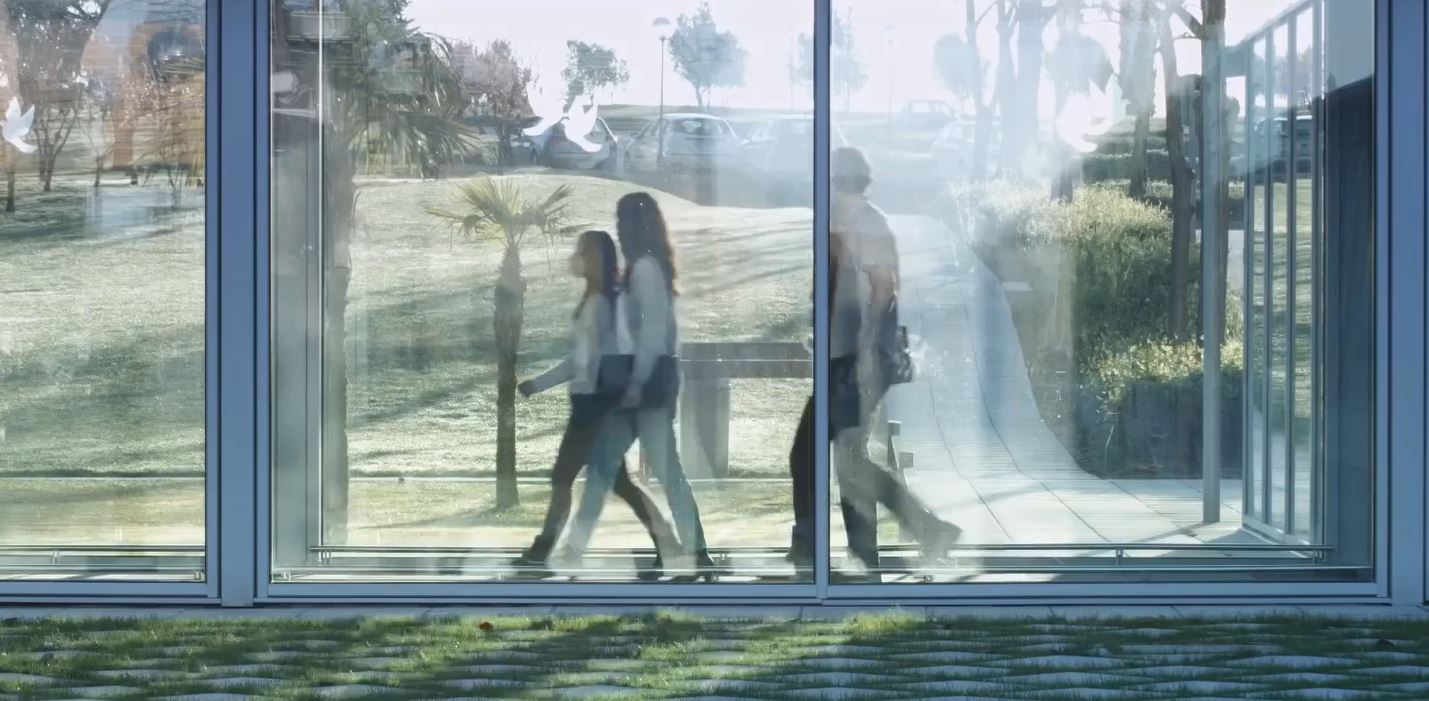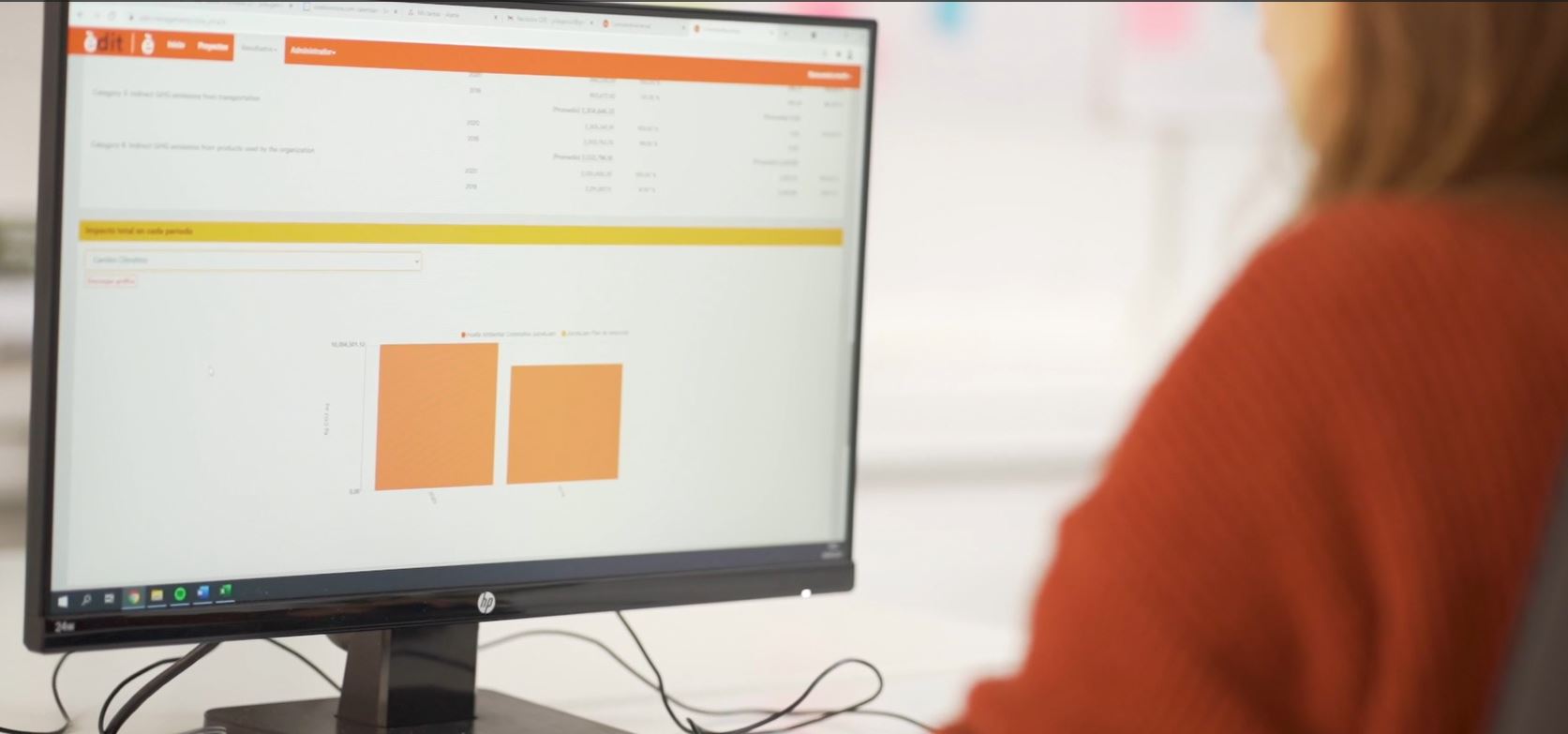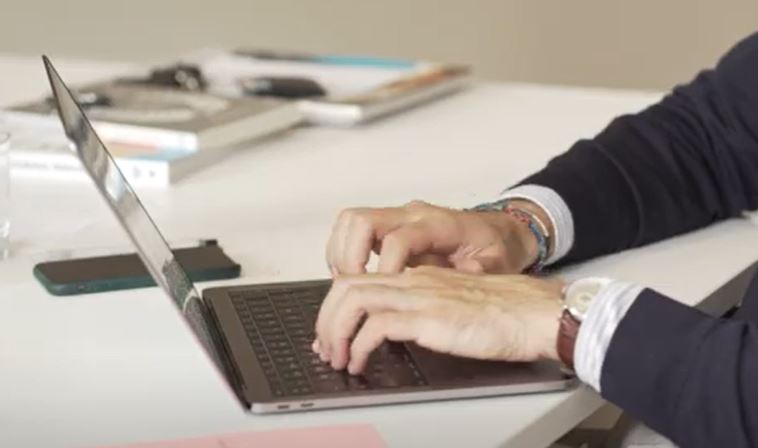
Commercial conflict mediator
Description
These professionals help the parties embroiled in a conflict to reach a favourable agreement for both parties and to avoid having to resort to legal proceedings. Commercial conflicts often arise when the rights and obligations of a contractual relationship have not been respected, although this litigation often comes as a result of a lack of communication between the parties. If the conflict escalates, it can end up being resolved in court. This costly outcome is one that mediators must attempt to avoid by outlining all of the possible options available to both parties in order to reach a mutually satisfactory agreement. The role of the mediator is that of a facilitator: in other words, they do not make judgements or decisions, but rather preside over and oversee the mediation process, which should ideally be private, impartial, voluntary and confidential in order for the parties involved to reach an agreement.
Tasks
- Meet the parties involved separately.
Meet each of the parties separately in order to find out their stance and to obtain details of the case.
They must convince the people involved the mediation is the least costly and most appropriate way of resolving the conflict.
Study the psychological profile of the people involved in the conflict.
Schedule meetings in order to find out what concessions the parties involved are willing to make. These meetings also serve to discuss the types of agreement available. - Analyse the information obtained to determine the causes of the conflict.
Obtain advice from other experts with knowledge of technical issues surrounding the conflict, whether on their own initiative or because one of the parties requests this opinion.
Maintain order throughout the mediation process and ask the participants to respect the mediation rules accepted at the outset of the process.
Lay out the procedural rules they deem appropriate in order to facilitate the fulfilment of the objectives of the mediation process.
Draw up a list of possible solutions. - Hold meetings with both parties present.
Postpone sessions where deemed appropriate or pertinent, taking account of the interests of both parties.
Lead the meetings (prevent the parties involved from raising their voices, propose solutions where they deem fit and invite the persons involved to think of solutions).
Foster dialogue between the parties. - Formalise the resolution of the conflict.
Compile the agreements and solutions settled on by the parties. Record the agreements and commitments made in writing in a document setting out the measures and actions thereon to be adopted. - Keep track of closed projects (at the behest of clients).
- Refresh their technical knowledge and keep abreast of mediation-related developments (legislative, legal, etc.).










 | Catalan | Beginner
| Catalan | Beginner | Catalan | Advanced
| Catalan | Advanced
 Open
Open



 | Catalan | Beginner
| Catalan | Beginner


